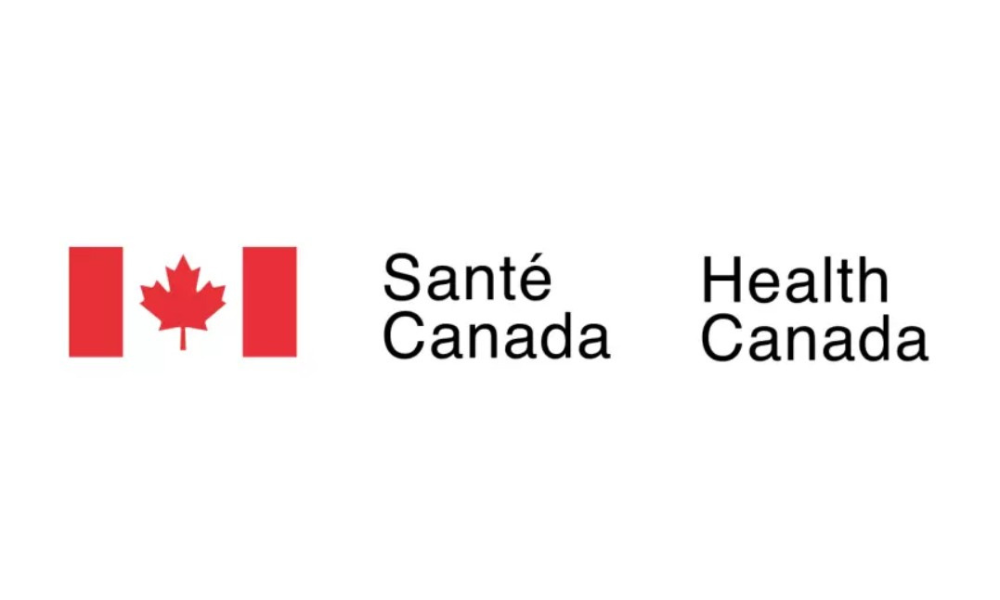Collective bargaining will be conducted under the shadow of uncertain economic recovery and substantial fiscal deficits in 2010, according to the Conference Board’s Industrial Relations Outlook 2010: A Recovery Offering Little Relief.
“Overall, employers will be focused on controlling costs and addressing long-term structural issues, while unions will be resisting employer demands for concessions,” says John Rankin, interim vice-president, leadership and human resources research. “Public sector employers will have little money available for new spending, including wage increases. And in the private sector, negotiations will reflect the conditions of each industry. Until more evidence is available that the economic recovery is firmly entrenched, the bargaining climate will be difficult in the coming year.”
According to the report’s authors, “Universal labour peace is unlikely in the coming year. Public sector unions are bargaining in the face of substantial fiscal deficits and private sector unions will be focused on protecting benefits and defending jobs.” The public sector will dominate the bargaining calendar this year, as negotiations involving over 750,000 public sector workers will be conducted under uncertain economic conditions and significant government deficits.
Unions will be mainly concerned with addressing the impact of the recession on their members. They will be focused on protecting their existing rights and benefits, and resisting the increased use by employers of temporary workers and contracting-out of work. In general, it is unlikely that unions will seek out substantial across-the-board wage increases.
In the short-term, employers will focus primarily on controlling costs. In addition, private sector management may look to address long-term issues, such as changing global markets, future labour shortages, and structural changes to the private pension plan system.
The Conference Board’s annual Industrial Relations Outlook is based in large part on a roundtable discussion with senior labour and management leaders held in September 2009.
“Overall, employers will be focused on controlling costs and addressing long-term structural issues, while unions will be resisting employer demands for concessions,” says John Rankin, interim vice-president, leadership and human resources research. “Public sector employers will have little money available for new spending, including wage increases. And in the private sector, negotiations will reflect the conditions of each industry. Until more evidence is available that the economic recovery is firmly entrenched, the bargaining climate will be difficult in the coming year.”
According to the report’s authors, “Universal labour peace is unlikely in the coming year. Public sector unions are bargaining in the face of substantial fiscal deficits and private sector unions will be focused on protecting benefits and defending jobs.” The public sector will dominate the bargaining calendar this year, as negotiations involving over 750,000 public sector workers will be conducted under uncertain economic conditions and significant government deficits.
Unions will be mainly concerned with addressing the impact of the recession on their members. They will be focused on protecting their existing rights and benefits, and resisting the increased use by employers of temporary workers and contracting-out of work. In general, it is unlikely that unions will seek out substantial across-the-board wage increases.
In the short-term, employers will focus primarily on controlling costs. In addition, private sector management may look to address long-term issues, such as changing global markets, future labour shortages, and structural changes to the private pension plan system.
The Conference Board’s annual Industrial Relations Outlook is based in large part on a roundtable discussion with senior labour and management leaders held in September 2009.





